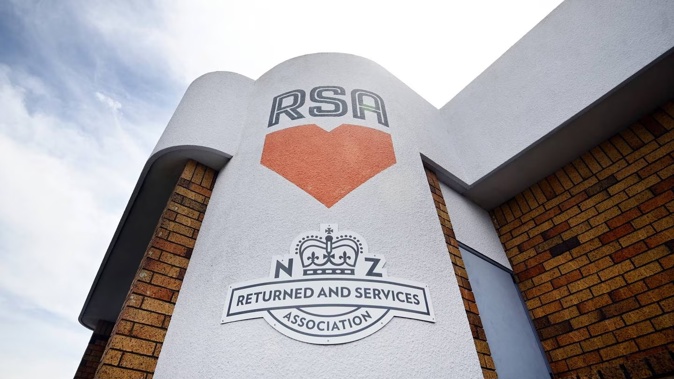
The Royal New Zealand Returned and Services Association (RSA) is introducing digital donation options in the lead-up to Poppy Day tomorrow.
While poppy boxes and street collectors aren’t going away anytime soon, the organisation has added QR codes to boxes that take people to a page where they can donate street side.
RSA spokeswoman Rachel Riley said they are very aware that not a lot of people carry cash anymore.
The wider national organisation runs digital campaigns to receive donations online.
The RSA has even set up a Givealittle page.
“For all organisations that exist on donations - you’re always looking for ways to bring more money in,” Riley said.
“We first started using Givealittle during lockdown when we couldn’t do a street appeal. We’ve continued to use Givealittle because that’s where New Zealanders primarily go to give.”
The money raised by the ubiquitous street collectors and countertop boxes is managed by each local RSA, which has an area they are responsible for collecting in, and all the countertop boxes and donations received on Poppy Day go to the region’s poppy trust to support veterans in their area.
“For example, if a veteran in Auckland needs support, they can reach out to the Auckland RSA, who can provide them support,” Riley said.
“But if the Auckland RSA can’t fund it, they can reach out to the national RSA, where another layer of money is available to support them.”
Dunedin RSA spokesman Niall Shepherd said, in the weeks leading up to Poppy Day, they deliver donation boxes and poppies to most schools in Dunedin, rest homes and various businesses for display on their counters, while circulating posters which have a QR code leading to a Givealittle site.
“On Poppy Day, each of our sites has a donation box, poppies, and poster with QR code,” Shepherd said.
“Local print media usually do articles leading up to the day and include the QR code as well, as well as local radio advertisements to remind people about either carrying cash to donate, or to use the QR code on Poppy Day.”
However, Shepherd said they still get quite a few cash donations.
“While it is generally true that fewer people carry cash these days, we still collect far more cash than is donated by QR code or other means.”
Riley said the chance to donate either by cash or online has broadened their reach.
“There are people that are always very traditional and will donate when they see a collector, but won’t necessarily operate digitally.”
“The new methods are for those people who don’t necessarily walk down the street a lot, or sit in an office all day can still donate.”
But Riley said they could never stop doing the Poppy Day appeal.
“There is absolutely no intention of winding down street collectors,” she said.
“There is something very special about seeing a sea of poppies outside of Anzac Day and people thinking of their veterans.”
“It’s part of New Zealand having collectors out there.”
Poppy Day started in 1922 as a way to fundraise for World War 1 veterans.
This year’s Poppy Day is tomorrow, Friday April 21.
Take your Radio, Podcasts and Music with you









